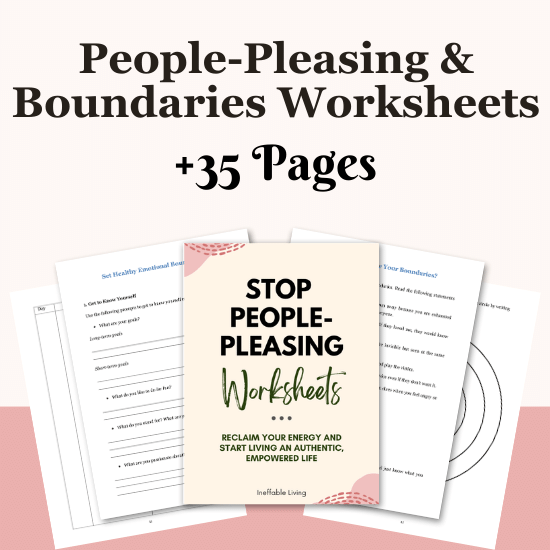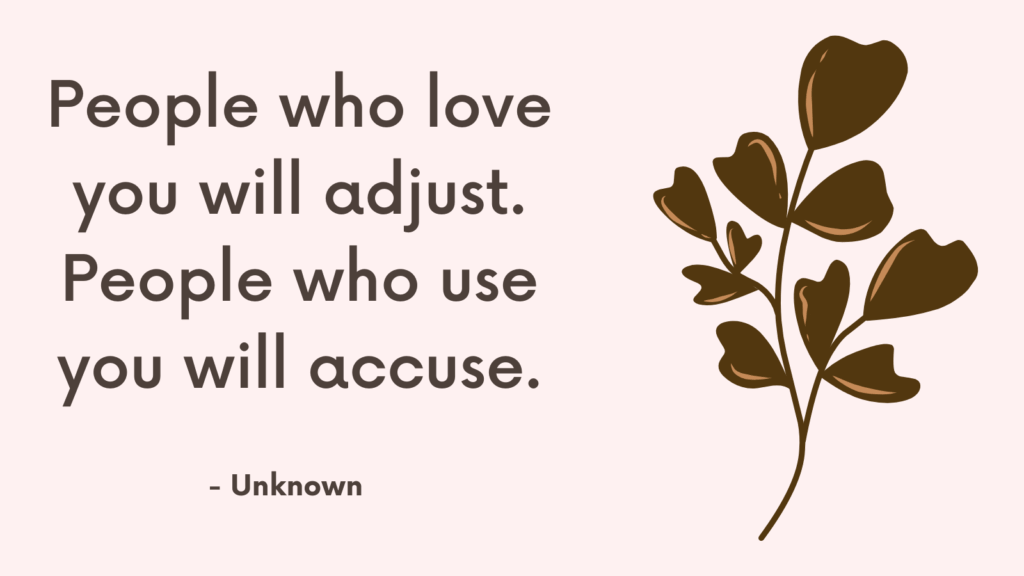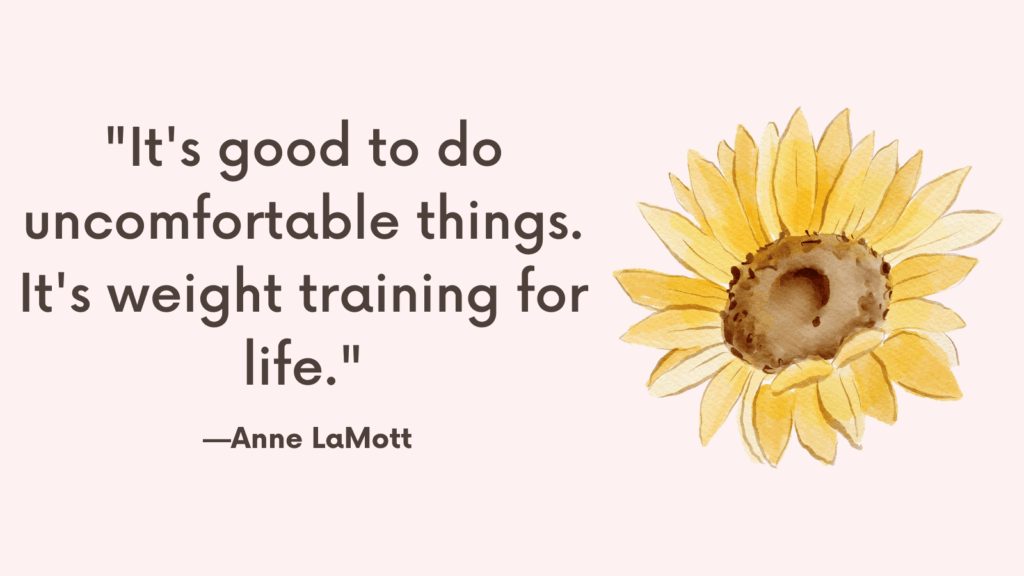When you’ve spent years molding yourself to fit others’ expectations, stepping away from people-pleasing can feel disorienting. You may ask: Who am I when I’m not what others want me to be? This is the tender space between losing your false self and discovering your real one. Rebuilding your identity isn’t about creating a brand-new you—it’s about returning to who you were before the world told you to shrink. Here’s how to begin.
What People-Pleasing Took From You
- Your Voice: You learned to silence your opinions, preferences, and truths to avoid conflict or disapproval — slowly disconnecting from what you really think or feel.
- Emotional Energy: Constantly anticipating others’ needs and managing their emotions drained your mental and emotional reserves, often leaving you exhausted and unfulfilled.
- Self-Trust: When you consistently put others’ feelings above your own, you stopped trusting your instincts, doubting your right to say no or choose differently.
- Authentic Relationships: People connected to the version of you that pleased them — not the real you. This made many relationships feel one-sided, surface-level, or conditional.
- Time and Space for Yourself: Your schedule filled up with what others needed, wanted, or expected. Your own dreams, rest, and growth were pushed to the background.
- Clarity About Who You Are: Always shape-shifting to fit in or keep the peace blurred your sense of identity. You may struggle to know what you actually want when no one else is asking.
- Healthy Anger: You weren’t allowed to express frustration without guilt. Over time, that turned your natural signals of discomfort into shame or self-blame.
- Boundaries That Protect You: The habit of over-accommodating left you vulnerable to burnout, manipulation, or emotional harm — because you didn’t feel safe saying, “That’s enough.”
Related: People Pleaser Quiz (+Top 21 Proven Ways to Stop People Pleasing)
How to Rebuild Your Identity After Letting Go of People-Pleasing?
1. Grieve the Roles You’ve Outgrown
Letting go of people-pleasing often means letting go of roles—“the reliable one,” “the peacemaker,” “the selfless friend.” It’s okay to feel sadness, confusion, or emptiness. Grief is part of growth.
2. Reconnect With What You Like, Want, and Need
Ask yourself:
What do I enjoy when no one is watching?
What drains me? What fills me up?
Rebuilding identity starts with paying attention to your preferences—not performing for approval.
3. Notice When You’re Acting Out of Fear, Not Truth
Start catching moments when you smile, agree, or volunteer out of fear of conflict, not genuine desire. The more you notice, the more you can choose differently.
4. Try New Things—Even If You’re Not “Good” at Them
People-pleasing often keeps you in the box of what’s acceptable or impressive. Explore without needing to perform. Let curiosity guide you, not perfectionism.
5. Use “I” Statements to Practice Ownership
Speak in ways that reflect your autonomy:
“I want…”
“I feel…”
“I need…”
It may feel unnatural at first—but it’s how you begin owning your voice.
Related: How to Stop People-Pleasing at Work?
6. Surround Yourself With People Who Support Your Growth, Not Just Your Compliance
Real identity can’t thrive in environments that punish your authenticity. Choose relationships where your no is honored and your yes is not expected.
7. Define Your Core Values
Ask: What really matters to me?
Your identity doesn’t need to be based on roles or performance—it can be anchored in values like truth, compassion, rest, or creativity.
8. Create Space Between Requests and Responses
Instead of reacting on autopilot, pause. Say:
“Let me think about that.”
This gap creates space for your real self to speak up before the people-pleaser takes over.
9. Reclaim Time and Energy for Yourself
Use the space you once filled with over-giving to care for your body, nourish your mind, or rest without guilt. This signals to your nervous system: I matter, too.
10. Let Identity Be a Living, Changing Thing
You don’t need to have it all figured out. Your identity isn’t a fixed label—it’s something you build with honesty, courage, and self-kindness, one choice at a time.
Related: Fear of Disappointing Others: Top 10 Ways to Overcome it

Conclusion
Rebuilding your identity after people-pleasing is like coming home to yourself. At first, it might feel unfamiliar. But with every boundary you set, every need you honor, and every truth you speak, you are laying the foundation for a life rooted in realness—not approval. You were never meant to be a mirror for others. You were meant to be.



